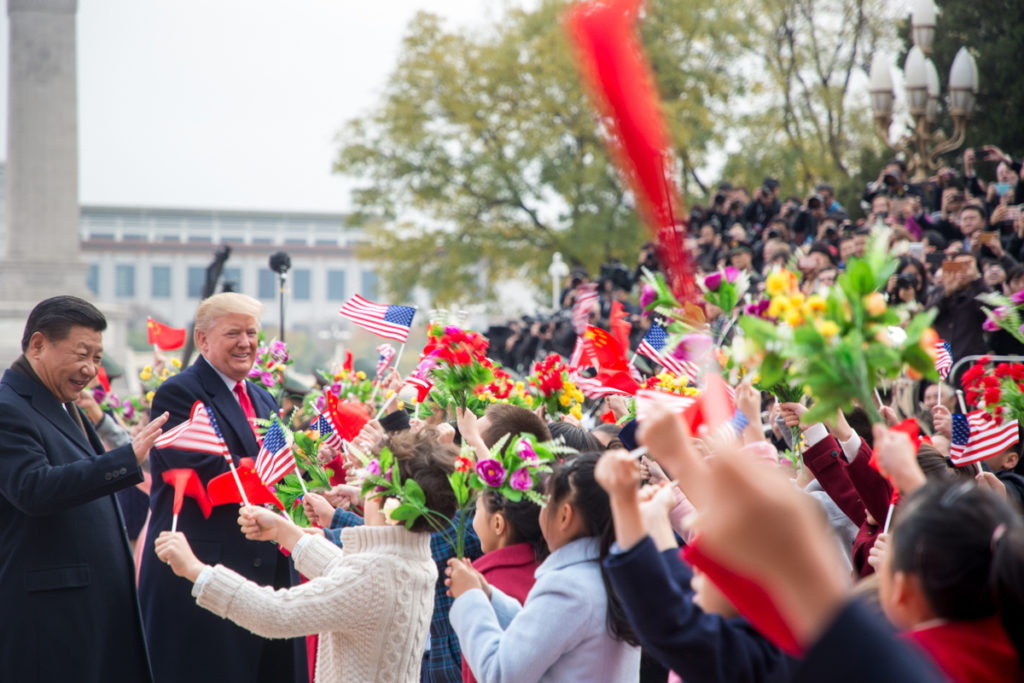
The bruising trade disputes between the largest two economies in the world – US and China are weighing heavily on global businesses. A dovish prospect of a trade deal has recently been reversed into a hawkish escalation towards an all-out trade war. Recently, President Trump announced tariff increase from 10% to 25% on $200 billion of Chinese goods and threatened to charge the rest of Chinese imports in the event that a deal not be reached. China, in response, has retaliated with tariff increase on $60 billion worth of US goods. This “tit-for-tat” strategy started in early 2018 when US taxed foreign solar panels and washing machines, quoting unfair trade practices of China. The trade dispute is only the tip of the iceberg when it comes to the US’ broad concerns about China’s forced technology transfer and “Made in China 2025” industrial plan.
The recent barring of Huawei from 5G development plans by some western allies, which included placing the company on the so-called Entity List in the US, attested to the fear of Chinese espionage and its threats to national security. On Thursday last week, Trump declared a ‘state of emergency’ linked to foreign technology’s entry into American networks. Such politically-driven claims have shown the speed and potential scale that punitive measures can be rolled out to disrupt businesses. Given intricate supply chains around the globe, multinational corporations are worried that they have limited capability to buffer trade shocks with such short notice and in such volatile conditions.
In addition to the shock to financial baseline caused by cost increases, fiscal uncertainty across the whole value chain, from grower to manufacturer to consumer to investor, amplifies the damage of US-China trade war. This uneasiness is evidenced by increased stock market volatility since 2018, effecting European and other Asian countries as well as US and China themselves. Shrinking investment portfolios, rising financing costs and loss of future business opportunities also dent financial baselines no less than direct cost impacts. Unless both sides of the Pacific make compromise on a trade deal, the uncertainty wedge is likely to stick, contributing to a negative outlook on global economy.



Leave a Reply